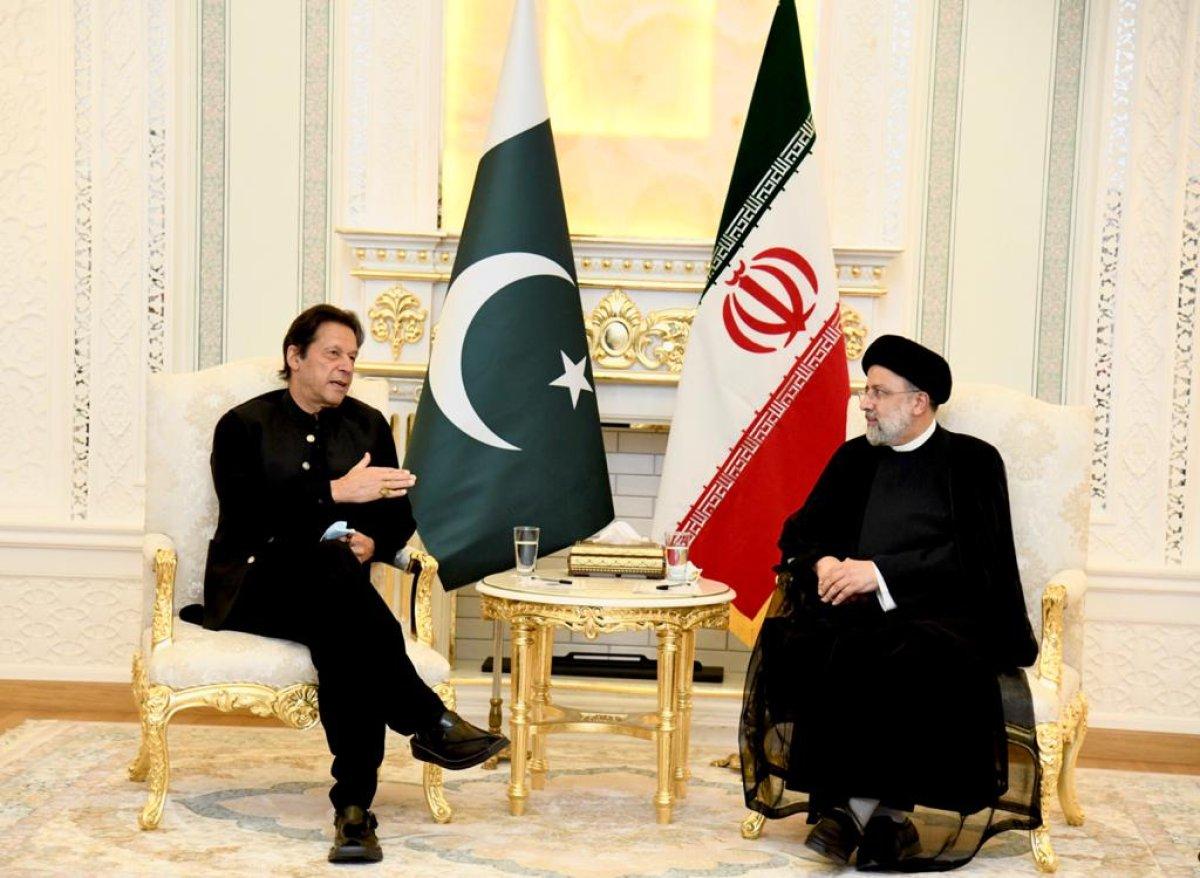In a recent escalation of tensions, Iran initiated assaults on Pakistan, targeting alleged bases of the Jaish al-Adl terrorist group. The strikes, executed through unmanned aerial vehicles and projectiles, were purportedly in retaliation for analogous attacks by the Revolutionary Guards on Iraq and Syria. Pakistan promptly censured Iran’s actions, denouncing the “unprovoked violation of its airspace” and cautioning of potential repercussions.

Reports suggest that two pivotal bases of Jaish al-Adl were “obliterated” in the attack. While the precise location of the casualties is not specified by the Foreign Office of Pakistan, it is believed that the bases were in Balochistan, with claims of two children losing their lives and three others sustaining injuries. The Ministry of Foreign Affairs summoned the Iranian charge d’affaires to express the “strongest condemnation of this unmistakable violation” of sovereignty.
The situation underscores the challenges faced by the region in combatting terrorism collectively. Pakistan underscored the need for synchronized action against terrorism, criticizing Iran’s unilateral approach as contrary to good neighborly relations, potentially harming bilateral trust.

Jaish al-Adl, designated a “terrorist” organization by Iran in 2012, operates in the southeastern province of Sistan-Baluchistan. The group, with a history of assaults on Iranian security forces, claimed responsibility for a December assault on a police station that resulted in the death of at least 11 personnel. The Sistan-Baluchistan region, bordering Afghanistan and Pakistan, has been a hotspot for clashes between Iranian security forces, Sunni terrorists, and drug smugglers. The recent strikes have heightened concerns about the stability of the region and its potential impact on diplomatic relations.










